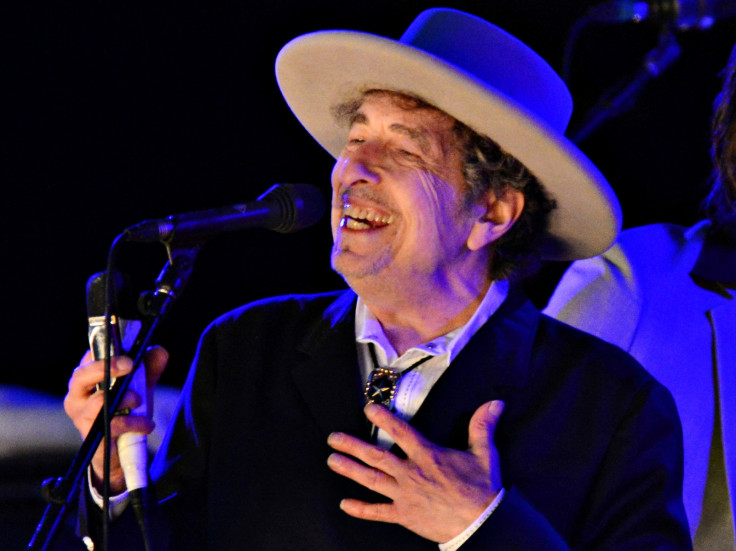Bob Dylan will accept Nobel Prize 'in absentia' – but which Laureates declined their prize?
The musician isn't the only artist to have rejected the award for personal or political reasons.

It took Bob Dylan weeks to respond to the Swedish Academy – after they announced he was the recipient of the coveted 2016 Nobel Prize in Literature – and since then, the musician has distanced himself from the award.
Five days after the announcement, a note appeared on his website acknowledging the 75-year-old had been awarded the prize, but it was removed the following day.
Earlier this week, the Nobel Prize committee announced that Dylan, who previously said he would not be attending the prize-giving ceremony in Stockholm, has delivered a speech that will be read on his behalf. US rock musician Patti Smith will perform one of his best-known tracks in his honour, A Hard Rain's A-Gonna Fall.
Although Dylan's distance from the prize has caused controversy, he is not the first Nobel Laureate to shy away from the award – or refuse it altogether.
Jean-Paul Sartre
A French playwright, novelist, screenwriter, literary critic and political activist, Sartre was one of the leading figures in French philosophy of the 20th century, and the driving force behind the school of existentialism. When rumours began circulating that he was in the running for the prize, Sartre wrote to the Swedish Academy to say he wanted to be withdrawn from consideration.
He had a habit of refusing all official honours, even those in the "most honourable circumstances". Sartre cited his conflicted loyalties between the East and the West as another reason why he declined the Nobel.
Although sympathetic to socialism and the Eastern bloc, he had been brought up in a Western "bourgeois family" – and accepting the award would inevitably mean he had been "institutionalised in either East or West".
Richard Kuhn
Kuhn, an Austrian-German biochemist, was awarded the Nobel Prize in Chemistry "for his work on carotenoids and vitamins" in 1938. However, he was forced to decline the award by the Nazi regime, and so was unable to accept the prize until after the Second World War. After the war, Kuhn received various other honours in recognition of his works, including honorary degrees at the the University of Vienna and the Technische Hochschule in Munich in 1960.
Adolf Butenandt
The German biochemist Butenandt was forced to refuse the Nobel Prize for Chemistry in 1939 for his work on "sex hormones", in accordance with Nazi party policy. His research lead to the discovery of oestrone and other primary female sex hormones. Butenandt had joined the Nazi party on 1 May 1936 and worked on military projects which fell under the kriegswichtig - "important for the war".
Gerhard Domagk
Research led by Domagk, a German pathologist and bacteriologist, was forced to refuse the Nobel Prize in Medicine in 1939 by the Nazi regime and was subsequently arrested by the Gestapo. Domagk's research led to the discovery of the first commercially available antibiotic called Sulfonamidochrysoidine, which was marketed under the name Prontosil. Although it was synthesised by chemists Josef Klarer and Fritz Mietzsch, Domagk discovered the drug was effective against some infections in mice and it remained on the market until the 1960s.
Boris Pasternak
Originally a composer, Pasternak gained notoriety as a modernist poet in the 1910s and 1920s, publishing works like the poetry collection My Sister, Life. One of his most famous works, his 1957 novel Doctor Zhivago – set in the period from the Russian Revolution of 1905 to World War II - was banned by the Soviet authorities.
In 1958, Pasternak was awarded the Nobel Prize in Literature for his "important achievement both in contemporary lyrical poetry and in the field of the great Russian epic tradition", but was forced to decline the prize by the Communist Party of the USSR.
© Copyright IBTimes 2025. All rights reserved.




















